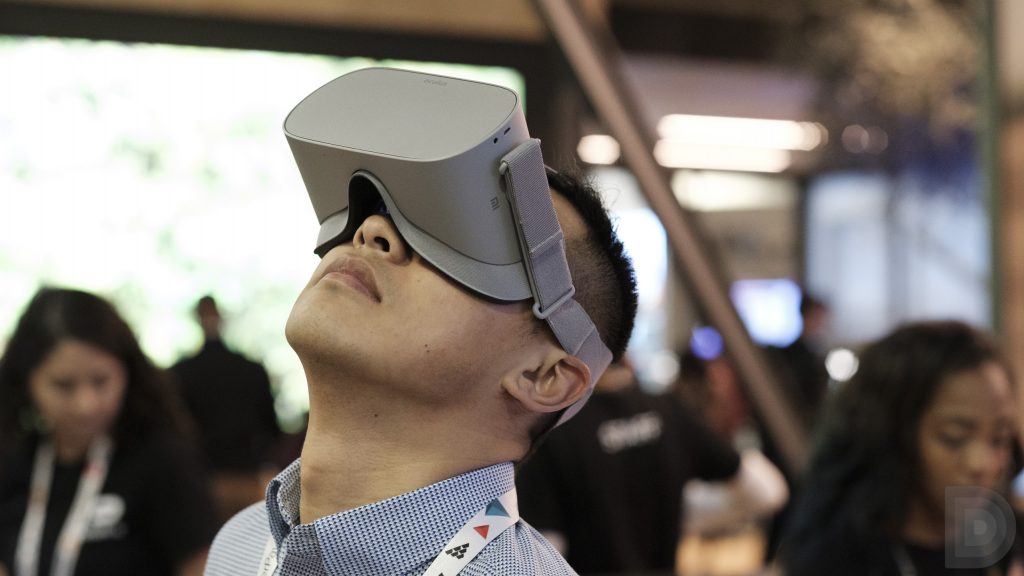Affiliate links on Android Authority may earn us a commission. Learn more.
Facebook working on its own OS to replace Android, apparently lives in bubble

It’s no secret that Facebook is looking to expand further into the hardware space as it’s already done with its Portal smart display and its series of Oculus VR headsets. However, those products all run on modified versions of Android, and Facebook wants to replace it with something akin to “Facebook OS.”
Although that’s not the final name for the operating system, The Information reports that Facebook is working on an in-house OS to eliminate its need for relying on Android. One of the leads on this project is none other than Mark Lucovsky, a former Microsoft employee who co-authored the Windows NT operating system.
Ficus Kirkpatrick, one of Facebook’s AR and VR heads, spoke with The Verge about the rumored Facebook OS. While Kirkpatrick didn’t come out and admit that Facebook is working on the project, he did say it’s possible and that Facebook would benefit from not needing to rely on Android.
The report from The Information makes it seem as if Facebook is looking to take the Apple “walled garden” approach to its current and future hardware. By that we mean that Facebook would like total control over the ecosystem, everything from the design of the hardware itself to the processors powering that hardware, and further on to the operating system that runs it all.
Related: All Facebook apps, where to get them, and what they do
However, Facebook has a reputation as not being a trustworthy brand, so it seems a bit odd that it would be pushing hard to ask people to fully commit to Facebook and the so-called Facebook OS with any of its hardware purchases. While a person might be OK with buying a Facebook device like an Oculus headset, it being “powered by Facebook OS” likely would make them more hesitant to buy it, not the other way around.
Regardless, Facebook does appear to be very serious about its hardware ambitions. Along with Portal and Oculus, the company is rumored to be working on a set of AR glasses that users control with their thoughts as well as a voice assistant for future smart speakers and displays.